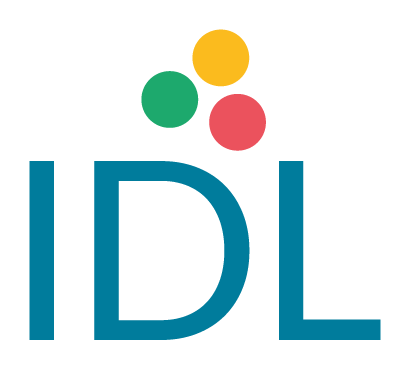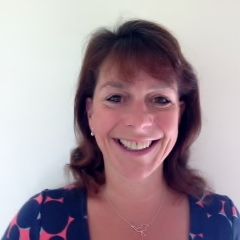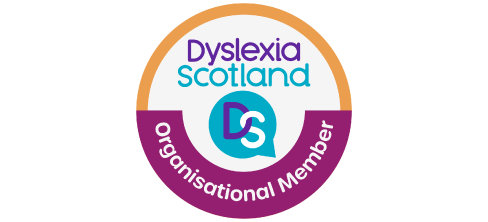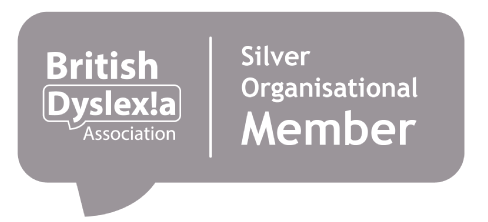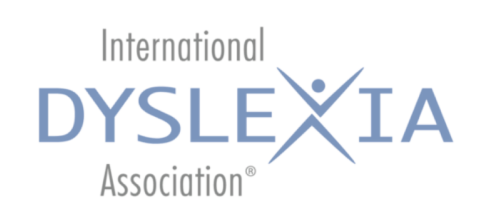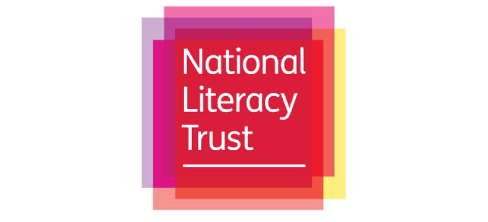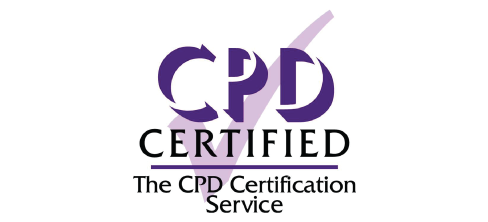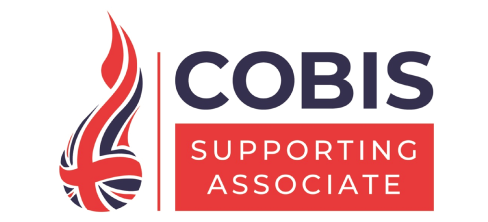The training was led by Judy Hornigold an education consultant specialising in dyscalculia and a trainer for Maths No Problem training teachers in Singapore Maths. If you missed out on the training don’t worry! Here is a summary of all you need to know.
It is estimated that 1-in-20 individuals have Dyscalculia yet it remains an under-researched learning difficulty in the UK and as a result teachers struggle to support learners with this condition.
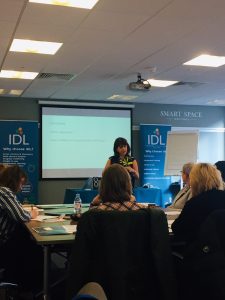
What exactly is Dyscalculia? In order to better understand the condition there are various definitions and indicators that are outlined here. One of the most commonly used definitions is below:
The National Numeracy Strategy DfES (2001)
Dyscalculia is a condition that affects the ability to acquire arithmetical skills. Dyscalculic learners may have difficulty understanding simple number concepts lack an intuitive grasp of numbers and have problems learning number facts and procedures. Even if they produce a correct answer or use a correct method they may do so mechanically and without confidence.
Indicators include:
- An inability to subtilise even very small quantities
- Poor number sense
- An inability to estimate whether a numerical answer is reasonable
- And many more found here. This article also covers ways in which you can identify and assess for Dyscalculia
Forms of Dyscalculia include Acalculia (difficulty performing simple mathematical tasks) and Pseudo Dyscalculia (a belief they cannot succeed in Maths). Many pupils also suffer from Maths Anxiety which causes them to lose confidence.
Overcoming Maths Anxiety can be tough but these techniques are important to bear in mind:
- Foster the idea that mistakes are good
- Don’t emphasise speed in Maths
- Spend time developing number sense at an early age
- Use concrete manipulatives in a way that develops understanding
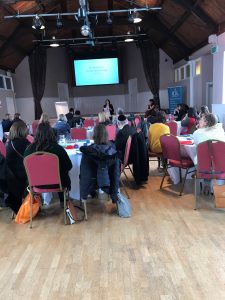
IDL Numeracy has been developed to help teach those with Dyscalculia along with low-attaining learners in Mathematics. Since its launch in September 2018 we are happy to announce that over 250 schools nationwide are now enjoying benefits of the programme.
Each lesson in IDL is made up of one of the following mathematical principles: Bonds; Counting; Sequencing; Shapes & Patterns; Number Value; Place Value & Arithmetic. With over 2,250 lessons on the programme the mathematical puzzles are presented in a fun and easy way. Please visit https://idlsgroup.com/numeracy for further information or to request a FREE Trial.
“Our school was privileged to have an early insight into the IDL Numeracy our students have engaged successfully with its approach and we saw immediate progress being made.” Etz Chaim Boys School
